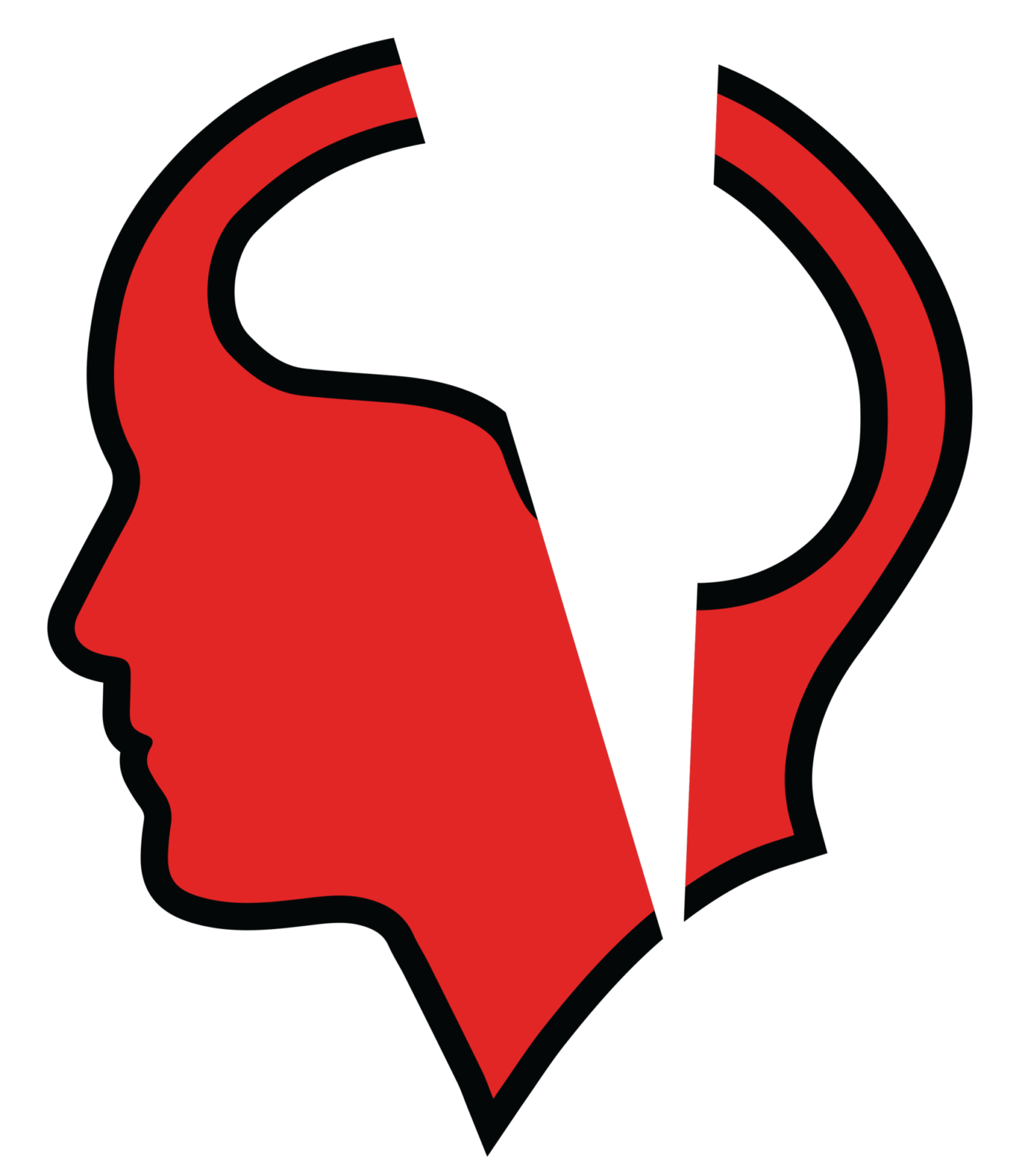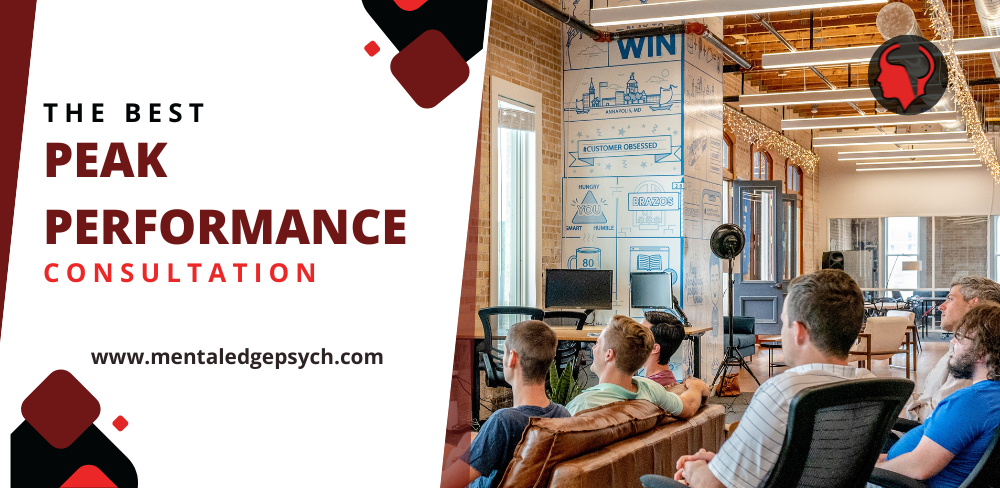As an athlete, you know that training is essential to peak performance consultation. But you may need to learn that there’s a science to training that can help you make the most of your time and effort.
In this blog post, we’ll explore the concept of training for peak performance consultation by Dr John DenBoer and what you need to know to make the most of your training. From understanding how your body adapts to exercise to develop a personalized training plan, read on to learn more about how you can train for peak performance consultation.
The benefits of peak performance consultation training
There are a few key things to keep in mind when it comes to training for peak performance consultation. First and foremost, you need to be sure that you’re physically prepared for the rigours of competition.
- Improved physical conditioning: When you train for peak performance consultation, you push your body to new limits. This type of training forces your body to adapt and become stronger. As a result, you’ll see improved physical conditioning in and out of competition.
- Improved mental sharpness: As mentioned before, mental sharpness is key for peak performance consultation. Through intense training sessions, you’ll learn how to focus your mind better and stay calm under pressure. This will lead to improved mental sharpness both in and out.
How to train for peak performance consultation
peak performance consultation doesn’t just happen overnight. It takes time, dedication, and a lot of hard work to achieve. But if you’re willing to put in the effort, you can train for peak performance consultation. Here’s what you need to know:
Set realistic goals
The first step by Dr John DenBoer is to set realistic goals for yourself. If you need help determining your capabilities, start by setting small goals and working your way up. Remember that everyone is different and will progress at different rates.
Create a training plan
Once you set your goals, it’s time to create a training plan to help you reach them. This plan should be tailored specifically to your own needs and abilities. It should also be flexible enough to account for days when you feel less than 100%.
Be consistent with your training
Consistency is one of the most important things when training for peak performance consulting. You must ensure that you’re showing up for your workouts and giving them your all, even when you don’t feel like it. This level of commitment will pay off in the long run.
Take care of your body
You must take care of your body inside and out to perform at your best. Ensure you’re eating healthy foods that give you the necessary nutrients to recover from workouts and stay energized.
The importance of rest and recovery
The human body is not built to sustain high activity levels for extended periods. To perform at your best, allowing your body adequate time to rest and recover between training sessions is essential.
When you train hard, your muscles are broken down and need time to repair and rebuild. This process requires energy and nutrients, which are typically taken from other systems in the body.
Conclusion
Training for peak performance consultation is essential if you want to be the best at your work. Whether you’re an athlete, musician, or business professional, dedicating yourself to a training program will help you reach new levels of success. But it’s not enoughto go through the motions – you must ensure your training is specific and tailored to your needs. With the right approach, you can push yourself to achieve amazing things. For any query, you can contact Dr John DenBoer at

